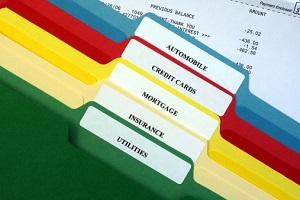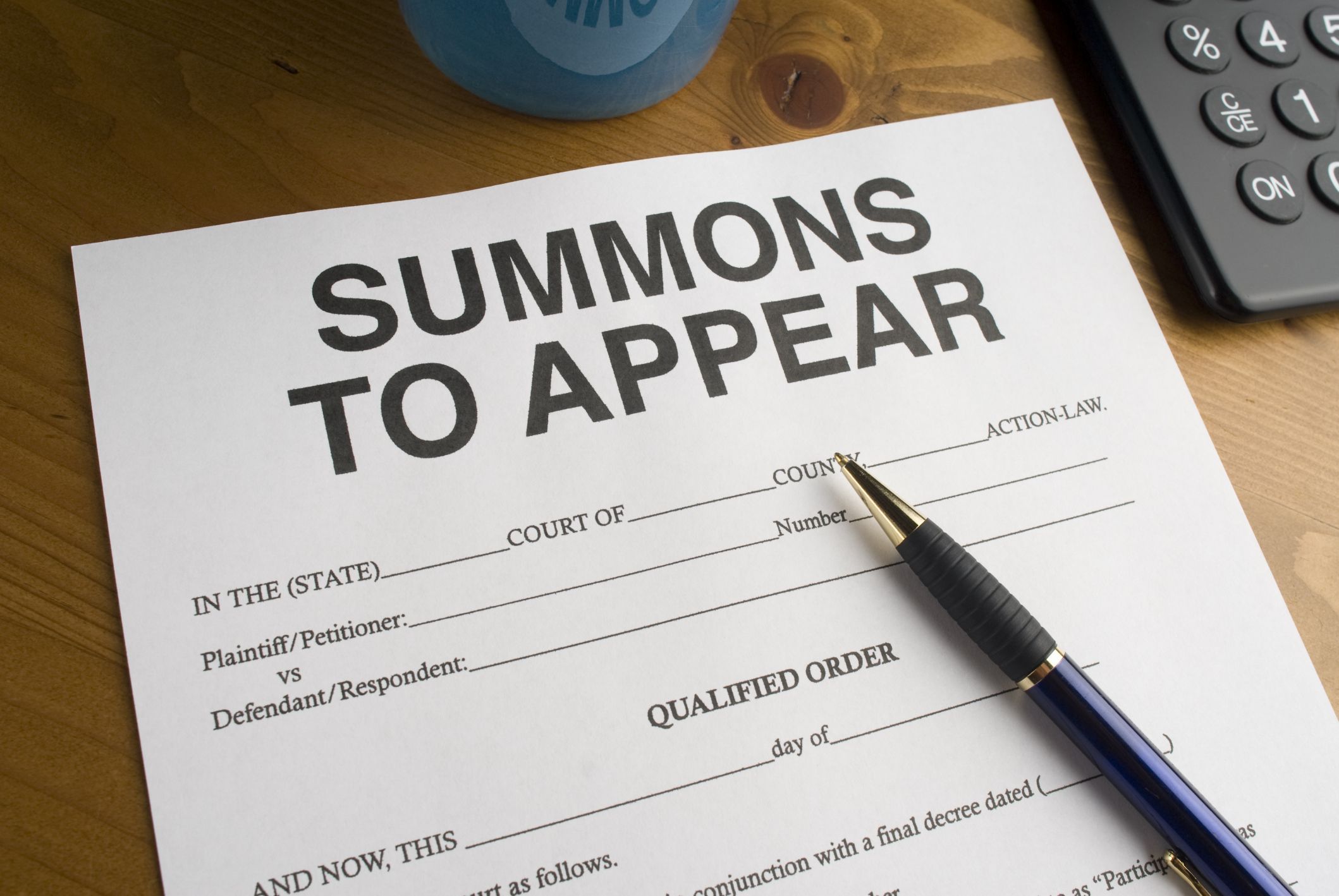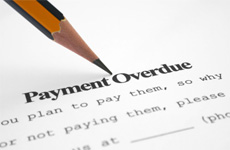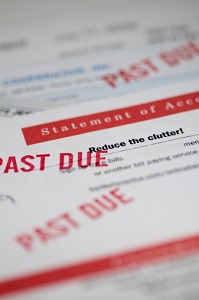Scared to answer the phone or open your “overdue” stamped mail? Worried about going to work and your boss calling you into his office to talk about your financial situation? Concerned about walking to the parking garage and not finding your car in its spot because it has been towed?

Creditor Harassment - What are Creditor Limitations?
Scared to answer the phone or open your “overdue” stamped mail? Worried about going to work and...

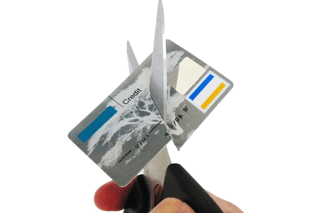 Do any of the following situations sound familiar?
Do any of the following situations sound familiar?


